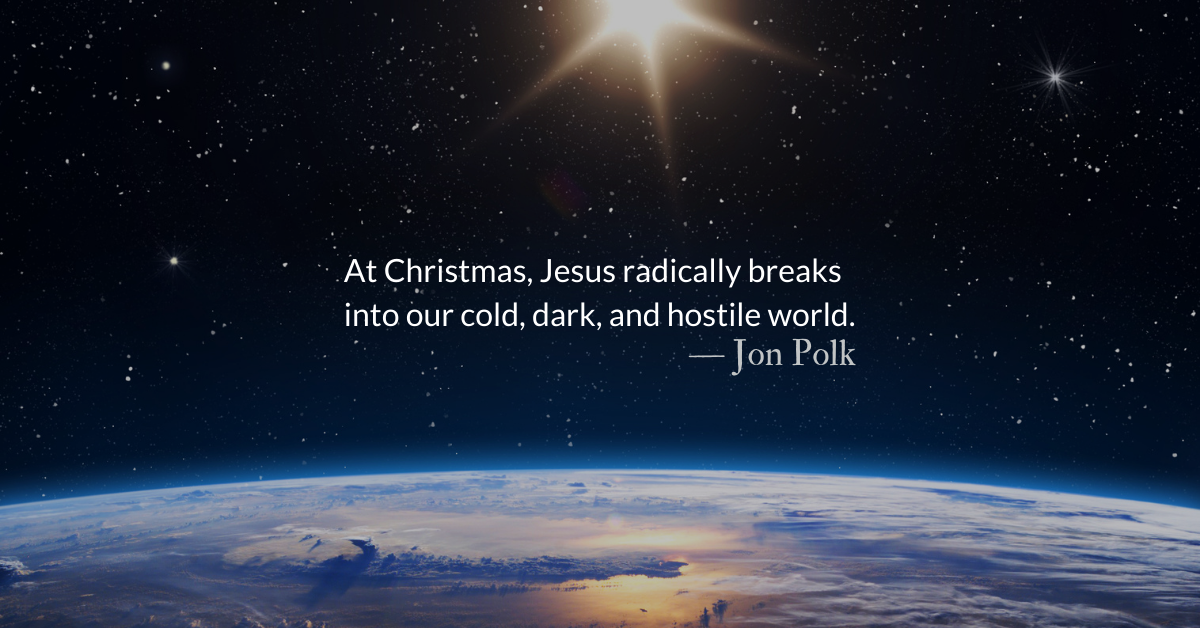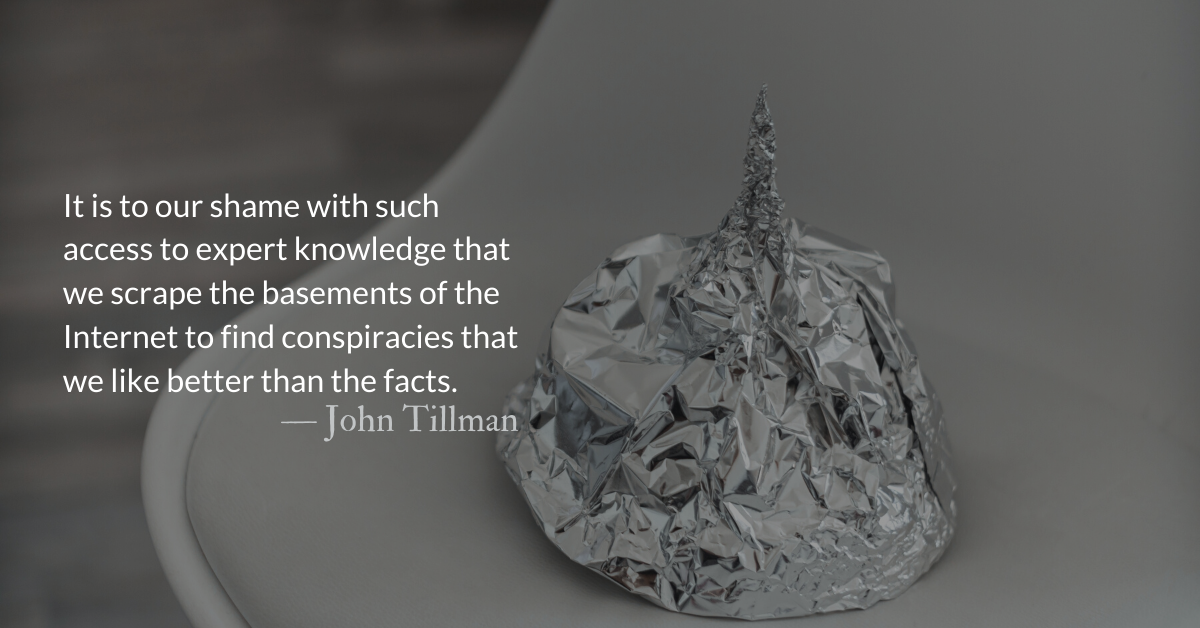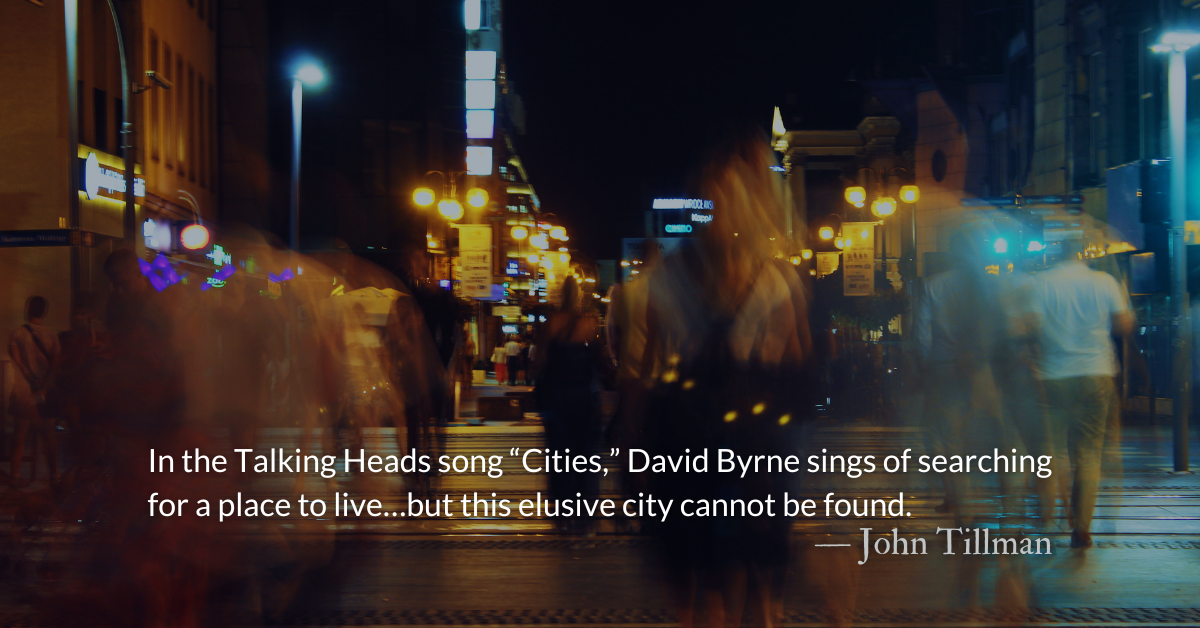Scripture Focus: John 14.27
27 Peace I leave with you; my peace I give you. I do not give to you as the world gives. Do not let your hearts be troubled and do not be afraid.
Matthew 1.20-23
20 But after he had considered this, an angel of the Lord appeared to him in a dream and said, “Joseph son of David, do not be afraid to take Mary home as your wife, because what is conceived in her is from the Holy Spirit. 21 She will give birth to a son, and you are to give him the name Jesus, because he will save his people from their sins.”
22 All this took place to fulfill what the Lord had said through the prophet: 23 “The virgin will conceive and give birth to a son, and they will call him Immanuel” (which means “God with us”).
Isaiah 9.6-7a
6 For to us a child is born,
to us a son is given,
and the government will be on his shoulders.
And he will be called
Wonderful Counselor, Mighty God,
Everlasting Father, Prince of Peace.
7 Of the greatness of his government and peace
there will be no end.
Reflection: I Heard The Bells On Christmas Day — Carols of Advent Peace
By Jon Polk
“I Heard the Bells on Christmas Day” was written during the American Civil War by the poet Henry Wadsworth Longfellow.
Longfellow’s wife had died in an accidental fire and his oldest son had been severely wounded in the war, so it is no surprise that when he penned the lyrics on Christmas Day 1863, he included somber words:
And in despair I bowed my head
There is no peace on earth I said
For hate is strong and mocks the song
Of peace on earth, good will to men
Fifty years later, a war broke out across the world so terrible that it was called the War to End All Wars.
Germans invaded France and Belgium and some front-line trenches were only fifty yards apart. At the end of 1914, initiatives for peace were rejected, including a request by Pope Benedict for a truce on Christmas Day.
A miracle took place on Christmas Eve. Roughly 100,000 British and German troops were involved in an unofficial Christmas Truce.
Private Frank Sumter of the London Rifle Brigade journaled,
We heard the Germans singing “Silent night, Holy night”… and we joined in… One German took a chance and jumped up and shouted, “Happy Christmas!” Our boys said, “If he can do it, we can do it,” and we all jumped up. A Sergeant Major shouted, “Get down!” But we said, “Shut up Sergeant, it’s Christmas time!”
Troops from both sides climbed out of their trenches, wished each other “Merry Christmas,” played games, and shared gifts. For a few hours, the peace of Christmas prevailed on the fields of battle.
This is what Christmas does. Jesus radically breaks into our cold, dark, and hostile world.
The world says, “Get down. Don’t try to make peace. Don’t cross enemy lines. Don’t befriend people whose race, politics, culture or nationality are different from you.”
Jesus says, “Shut up world, it’s Christmas time!”
The world says, “In despair I bowed my head, there is no peace on earth, I said.”
Jesus says, “Then pealed the bells more loud and deep, God is not dead, nor does He sleep.”
The world says, “For hate is strong, and mocks the song of peace on earth, good will to men!”
Jesus says, “The wrong shall fail, the right prevail, with peace on earth, good will to men.”
History reminds us the War to End All Wars did not do so. Physical wars continue but so do wars of words, ideologies, and cultures. Strife and discord still exist in our world.
Jesus brings a new kind of peace, not only absence of war, but a new way of living. It is a peace that allows us to take risks by loving both our neighbor and our enemy, by being a voice of hope and the hands and feet of God in the world.
Each and every year, this peace is available to all who find rest in the Savior, Christ the Lord.
Listen: I Heard the Bells on Christmas Day by Bryan Duncan
Read: Lyrics at Hymnary.org
Bonus View: Sainsbury’s 2014 Christmas Advert on the 100th Anniversary of the 1914 Christmas Truces
Divine Hours Prayer: The Refrain for the Morning Lessons
Be strong and let your heart take courage, all you who wait for the Lord. — Psalm 31.24
– Divine Hours prayers from The Divine Hours: Prayers for Autumn and Wintertime by Phyllis Tickle
Today’s Readings
Zechariah 11 (Listen – 2:40)
John 14 (Listen – 4:13)
Christmas Day Readings
Zechariah 12.1-13.1 (Listen – 2:30)
John 15 (Listen – 3:20)
This Weekend’s Readings
Zechariah 13.2-9 (Listen – 1:40) John 16 (Listen – 4:14)
Zechariah 14 (Listen – 3:52) John 17 (Listen – 3:40)
Read more about End of Year Giving and Supporting our work
We rely on gifts of all sizes, including mustard-seed-sized gifts from many people, that can enable us to move mountains.
Read more about The Peace of Christ :: Peace of Advent
How many Christ-Followers have come to fully understand the divine reality that peace is our inheritance?

